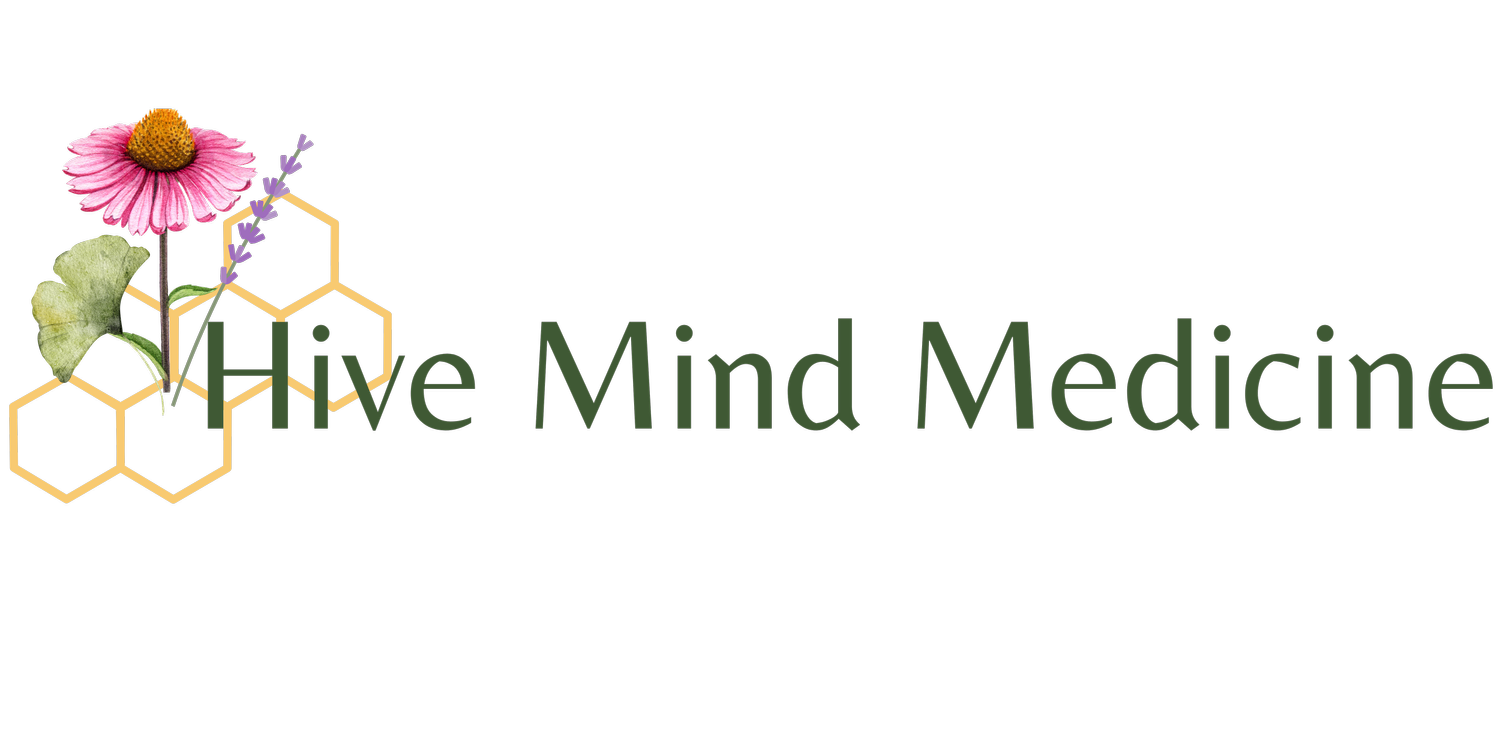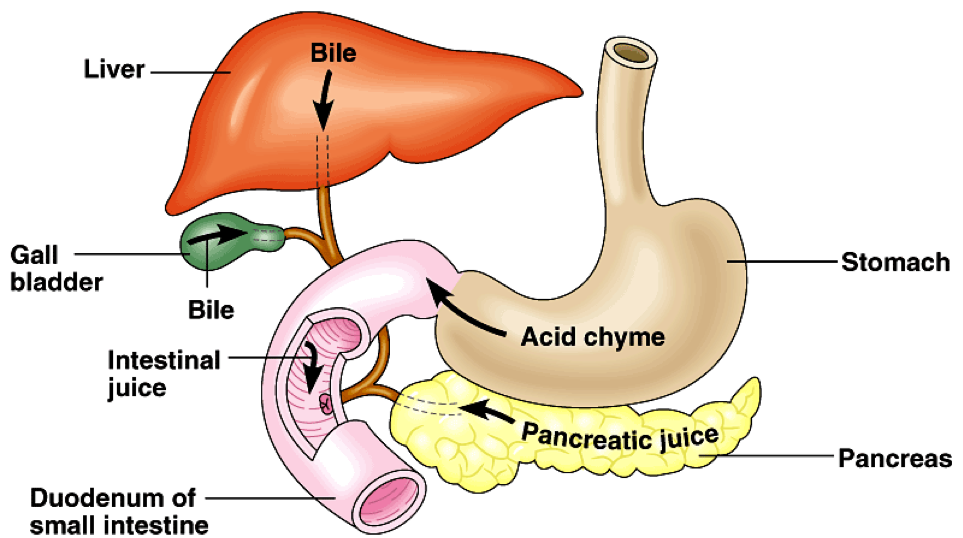Bile - Far Ranging Effects on Health and Prevention of Illness
By Steven Sandberg-Lewis, ND, DHANP
Bile is produced in the liver and stored in the gall bladder. Released into the upper small intestine when a meal containing fat or protein leaves the stomach, bile allows oil and water to mix. This allows most dietary fat including essential fatty acids (such as those in fish oil) and the fat-soluble vitamins A, D, E and K to be absorbed into the blood. It works with vitamin D to produce cathelicidin, an essential chemical that reduces the risk of bacterial, fungal and influenza infections. Bile also has wide ranging effects on intestinal bacteria, detoxification and removal of dangerous materials and drugs through bowel movements, blood sugar and sex hormone balance and even cancer prevention.
In the human body, health is all about balance. Bile belongs in the small intestine and should only be present in tiny amounts - or not at all - in the other parts of the digestive tract. Bile flows through the entire 18-20 feet of small intestine and is then reabsorbed in the last part which is called the terminal ileum. The bile goes through the blood and returns to the liver for reprocessing and recycling back to the gall bladder and the process starts over. Diseases of the terminal ileum (eg. Crohn’s disease) or surgical removal of the terminal ileum often causes an inability to reabsorb bile. If too much bile enters the colon (large intestine) it acts as an irritant and can be a cause of severe diarrhea (this is called bile acid diarrhea). Some people are ultrasensitive to even normal amounts of bile in the colon and develop diarrhea. Sometimes bile flows up to the stomach (this is called bile reflux) and causes irritation of the stomach lining (bile gastritis).
Over the last twenty years, research- most of which has only been done with mice- reveals that bile can significantly reduce nerve degeneration, accumulation of amyloid material as well as markedly prevent memory losses in Alzheimer’s disease. Protection of essential nerve tissue has been shown in Parkinson’s disease, stroke and a vision threatening retinal disease called retinitis pigmentosa. The stroke research did not use oral bile salt treatment, but rather injection into the carotid artery. The fascinating result was a 50% reduction in the area of the stroke and an 80% reduction in the number of dead brain cells.
In human studies of overweight men and women, oral supplementation of bile salts increased insulin sensitivity (the ability of tissue cells to respond properly to insulin) by 30% with no increase seen in the placebo group. There were also improvements in blood sugar, insulin and liver function tests in the bile treated group, but not in the controls.
In summary, preliminary research shows that bile may be important in protecting the brain and eyes in degenerative diseases. More research gives evidence that bile has positive effects on the removal of drugs and toxins from the body, blood sugar and fat regulation, control of inflammation, hormone balance, liver cell healing and prevention of infection. Bile starts in the liver, but appears to have body-wide salutary effects!
Steven Sandberg-Lewis, ND, DHANP, has been in clinical practice for 44 years, with a focus on functional gastroenterology. He has been a professor since 1985, teaching a variety of courses but primarily focusing on gastroenterology and GI physical medicine. In 2019, Dr. Sandberg-Lewis co-founded Hive Mind Medicine, continuing his specialization in gastroenterology with a focus on reflux, SIBO, inflammatory bowel disease and functional GI disorders. He is currently working on his latest book, Let's Be Real About Reflux: Getting to the Heart of Heartburn, written to help non-medical and medical professionals alike develop a better understanding of diseases affecting the gastrointestinal tract.
Hive Mind Medicine blog posts are for educational purposes only and are not intended as medical advice. Please consult with your health care practitioner for personalized guidance.

